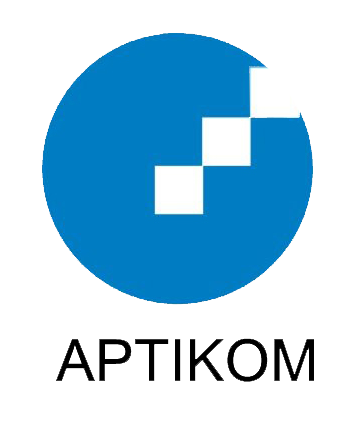Electronic Government Rukun Tetangga Model
Abstract
E-government is the one of facilities of government to interact and communicate with the citizen as the government's ability to improve service performance. However, not all citizen, including the poor, can benefit the e-government services. To answer the issue, this research developed e-government model of Rukun Tetangga (RT) based on eight factors consisting of Content providers, Direct-to-consumer, Value-net-Integrations, Full-service providers, Infrastructure service providers, Market, Collaboration and Virtual Communities. Quantitative research was used to collect data through interview with 24 participants including Head of RT, Citizen and Employees District Office in Palembang. The findings of this study showed that an e-government RT model was required to help Palembang Government to meet needs of the citizen, which had impacts to improve services to entire levels of society.
Downloads
References
[2] D. Aldrich, J. C. Bertot, and C. R. McClure, "E-government: Initiatives, developments, and issues," Government information quarterly, vol. 19, pp. 349-355, 2002.
[3] E. Rahardjo, D. Mirchandani, and K. Joshi, "E-government functionality and website features: A case study of Indonesia," Journal of Global Information Technology Management, vol. 10, pp. 31-50, 2007.
[4] R. Heeks and S. Bailur, "Analyzing e-government research: Perspectives, philosophies, theories, methods, and practice," Government Information Quarterly, vol. 24, pp. 243-265, 4// 2007.
[5] W. Kumorotomo, "Kegagalan Penerapan E-Government dan Kegiatan Tidak Produktif dengan Internet," ed, 2009.
[6] D. A. Mirchandani, J. H. Johnson Jr, and K. Joshi, "Perspectives of citizens towards e-government in Thailand and Indonesia: A multigroup analysis," Information Systems Frontiers, vol. 10, pp. 483-497, 2008.
[7] B. Furuholt and F. Wahid, "E-Government Challenges and the Role of Political Leadership in Indonesia: The Case of Sragen," in Hawaii International Conference on System Sciences, Proceedings of the 41st Annual, 2008, pp. 411-411.
[8] M. Janssen, G. Kuk, and R. W. Wagenaar, "A survey of Web-based business models for e-government in the Netherlands," Government Information Quarterly, vol. 25, pp. 202-220, 4// 2008.
[9] F. Kurniawan, N. A. Rakhmawati, A. N. Abadi, M. Zuhri, and W. T. Sugiyanto, "Indonesia local government information completeness on the web," Procedia Computer Science, vol. 124, pp. 21-28, 2017/01/01/ 2017.
[10] R. K. Verma, S. Kumar, and P. V. Ilavarasan, "Government portals, social media platforms and citizen engagement in India: Some insights," Procedia Computer Science, vol. 122, pp. 842-849, 2017/01/01/ 2017.
[11] K. Layne and J. Lee, "Developing fully functional E-government: A four stage model," Government Information Quarterly, vol. 18, pp. 122-136, //Summer 2001.
[12] D. Antoni, Apriliani, M. I. Herdiansyah, and M. Akbar, "Critical factors of transparency and trust for evaluating e-government services for the poor," in 2017 Second International Conference on Informatics and Computing (ICIC), 2017, pp. 1-6.
[13] R. Zambrano, "E-governance and development: Service delivery to empower the poor [J]," Social and Organizational Developments through Emerging E-Government Applications: New Principles and Concepts: New Principles and Concepts, vol. 98, 2009.
[14] J. W. Creswell, Research Design: Qualitative, Quantitative, and Mixed Methods Approaches. Los Angeles: SAGE Publications, 2009.
[15] R. K. Yin, Case study research: Design and methods vol. 5: Sage Publications, Inc, 2009.
[16] W. L. Neuman, Social research methods: Qualitative and quantitative approaches: Pearson education, 2013.
Copyright (c) 2018 Jurnal Sistem Informasi

This work is licensed under a Creative Commons Attribution-ShareAlike 4.0 International License.
Authors who publish with this journal agree to the following terms:
- Authors retain copyright and grant the journal right of first publication with the work simultaneously licensed under a Creative Commons Attribution License that allows others to share the work with an acknowledgement of the work's authorship and initial publication in this journal.
- Authors are able to enter into separate, additional contractual arrangements for the non-exclusive distribution of the journal's published version of the work (e.g., post it to an institutional repository or publish it in a book), with an acknowledgement of its initial publication in this journal.
- Authors are permitted and encouraged to post their work online (e.g., in institutional repositories or on their website) prior to and during the submission process, as it can lead to productive exchanges, as well as earlier and greater citation of published work (See The Effect of Open Access).








